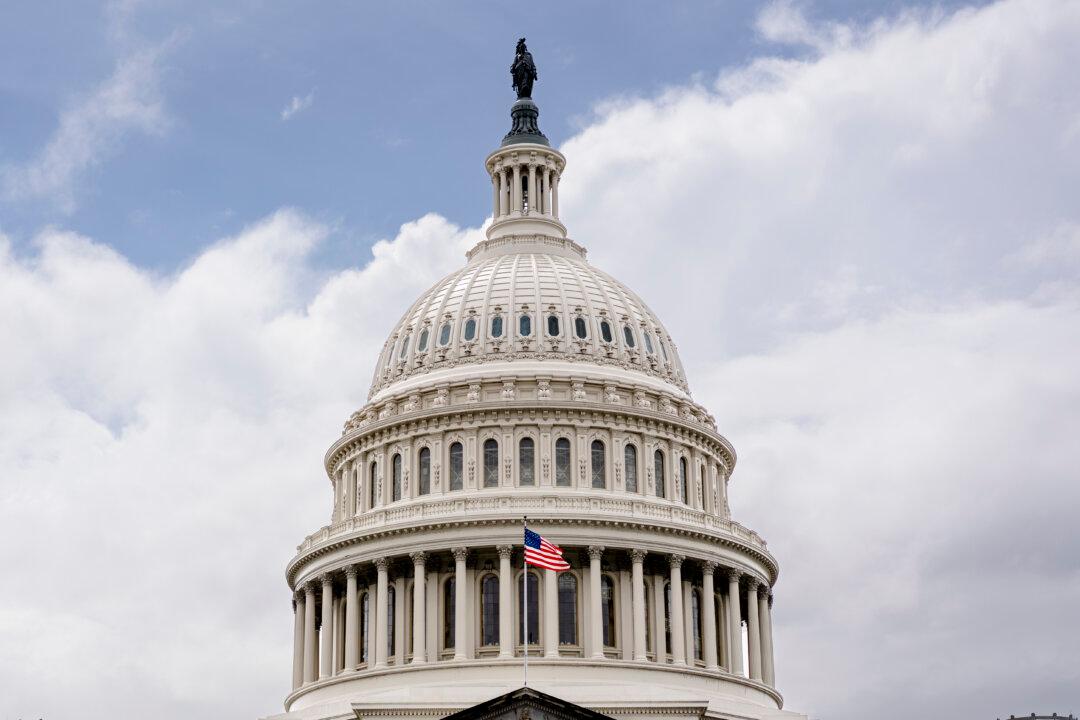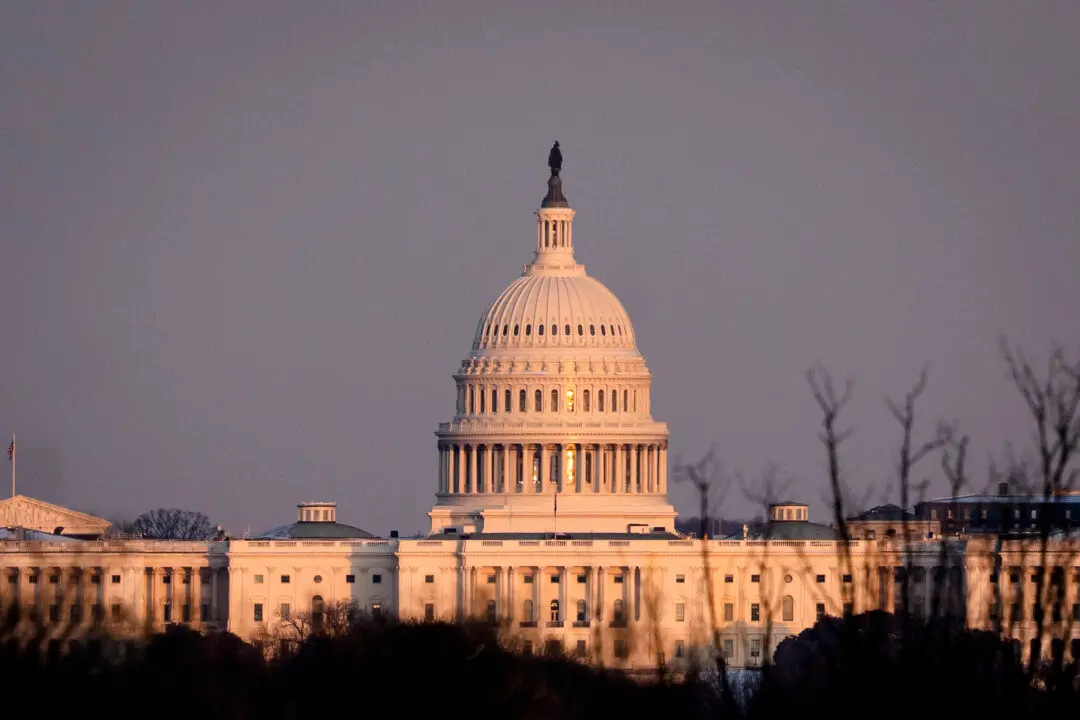House Republicans revealed late on May 11 their proposal for Medicaid, which seeks to balance the interests of moderates and spending hawks within the narrow GOP majority.
House Speaker Mike Johnson (R-La.) is making a bid to unite his thin majority around one of the most explosive issues within President Donald Trump’s “big, beautiful bill” to fund his agenda.





